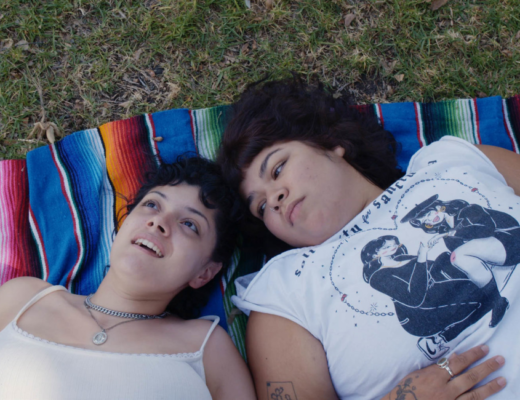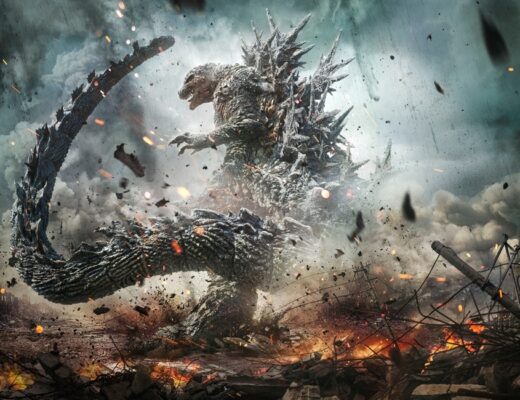The Deer King is beautiful to look at and occasionally charming, but its underdeveloped plot gets in the way of any pleasures and makes for an overwhelmingly tedious viewing experience.
Despite technically being a debut feature for one of its co-directors, The Deer King carries some years of anime pedigree. That director, Masashi Ando, started working for Studio Ghibli in 1990 and was the character designer and chief animation director on Miyazaki classics Spirited Away and Princess Mononoke. Having a hand in films by Satoshi Kon and Makoto Shinkai as well, Ando has played a role in a number of the most successful, and flat out best, anime films of all time. His co-director Masayuki Miyaji — making his third film as director — has a slightly less fabulous resume, though he too worked with Miyazaki as an assistant director on Spirited Away. This is all to say that The Deer King has something to live up to. Simply put, it doesn’t. The film is an anonymously beautiful fantasy epic that gets too lost in vague world-building to deliver much of anything compelling.
In this anime’s fantasy realm, the Zolian people have, after a long history of war, subjugated the Aquafaese, but have once again begun to fall victim to a mysterious, nearly always fatal blood disease caused by wolf bites. During the opening, a pack of these wolves ravages the mines where Van, a former Aquafa soldier known for fighting from the back of deer, is enslaved. Though Van is bitten in the massacre, he does not contract the disease but is instead granted strange powers. He escapes from the mines with a young orphan girl, Yuna, who also seems impervious to the illness. The rest of the film finds a bond forming between Van and Yuna while both Zol and Aquafa forces search for them, seeking the secret to curing the disease which has claimed the life of the Zol king.
With a hero on the back of a deer, factional fantasy conflicts, and natural forces taking the form of amorphous purple clouds, The Deer King draws easy comparison to Princess Mononoke, though the comparison does it no favors. Where Mononoke is rich at every turn, a wonderfully detailed, lived-in fantasy world without needing to come to a halt for exposition, The Deer King moves along at a snail’s pace, spending most of its time explaining histories that aren’t that interesting and repeating itself. That the Zol and the Aquafaese have been at odds for generations is seemingly all it has to say about its own world, yet these details get in the way of the plot picking up any steam and ever becoming compelling. And it’s nearly impossible to care about the film’s attempts at political intrigue when it’s all mounted on such thin circumstances that serve only to propel the main plot, and do so poorly at that.
The Deer King is at its best when it’s building the bond between Van and Yuna. In this young orphan, Van, whose wife and son died before the events of the film, finds a daughter, and their connection is genuinely charming. When they rest at a small village early on, the film settles into a leisurely rhythm with little drama, allowing its characters relaxation in beautiful nature. But as the forces hunting Van intrude, so does the overdetermined plotting, which separates Van and Yuna for most of the rest of the movie. Without their interaction, there’s little to grasp onto in The Deer King, and with little sense of urgency in the main plot’s pace, waiting for the pair to reunite is just plain boring.







